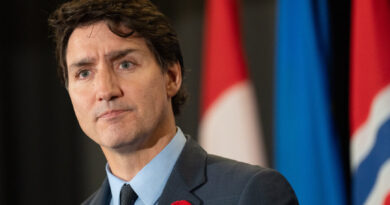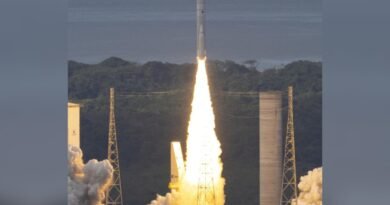Australian Senate Approves Legislation Implementing Global Minimum Tax Standard
The Government has approved a 15 percent global and domestic minimum tax for multinational corporations, which will be in effect from Jan. 1, 2024.
The Australian Senate has passed a law to enforce a 15 percent global and domestic minimum tax rate for all multinational corporations operating locally.
Commencing on Jan. 1, 2024, companies with annual revenues exceeding $1.2 billion (€750 million or US$805.67 million) will be required to comply with this new standard.
In a joint statement on Nov. 27, Treasurer Jim Chalmers and Competition Minister Andrew Leigh mentioned that these tax laws would help finance essential services like healthcare, education, and defence.
They further explained that the minimum tax standard is part of a worldwide collaborative effort led by the OECD to combat tax avoidance.
Presently, Australia’s corporate tax rate is set at 30 percent for businesses with a turnover of $50 million or more. However, both ministers and the Greens have frequently criticized multinationals for exploiting tax loopholes.
According to the May 2023 federal budget, this measure is projected to generate $370 million in tax revenue over the next five years, with an administrative cost of $111 million.
Global Standard in Taxation
This move aligns with the Australian government’s ongoing commitment to the OECD and G20’s Two-Pillar Solution, a global multilateral agreement designed to establish a uniform tax standard.
Since 2013, the OECD and G20 have been collaborating on the Base Erosion and Profit Shifting (BEPS) project, although previous U.S. administrations had opposed the idea of a global tax rate.
However, the Biden administration has taken a different stance and endorsed the initiative.
Economist Says Smaller Jurisdictions Will Be Unable to Compete
Despite the endorsement, some economists have raised concerns about such measures.
Robert Carling, former executive director of the New South Wales Treasury, pointed out that such a system could disrupt the free market, especially as tax incentives often serve as the sole method for smaller jurisdictions like Singapore and Ireland to attract investment.
“I believe it’s an attempt to hinder tax competition. Tax competition among countries is always beneficial and productive. This move would hinder it. There’s no other way to view it,” Carling, a senior fellow at the Centre for Independent Studies, previously commented to The Epoch Times.
Movement Will Stall Amid New US Leadership’s Rise
Meanwhile, the change in U.S. leadership could impede the progress of the global initiative.
President-elect Donald Trump has pledged to reduce the U.S. corporate tax rate to 15 percent, as part of a broader strategy to attract foreign companies to establish a direct presence in the United States.
Barnaby Joyce, federal Nationals member for New England, expressed concerns that this could potentially result in capital flight from Australia.
Bran Black, CEO of the Business Council of Australia, echoed these concerns, emphasizing Australia’s 30 percent corporate tax rate, which is the third highest among OECD countries, after Portugal and Colombia.





